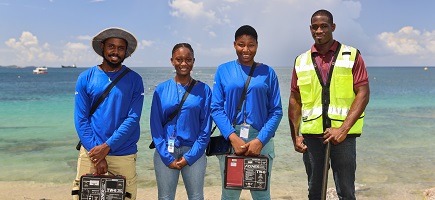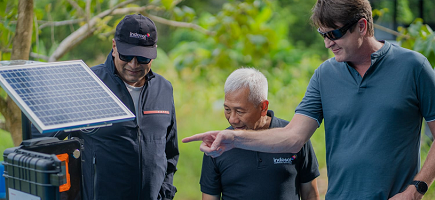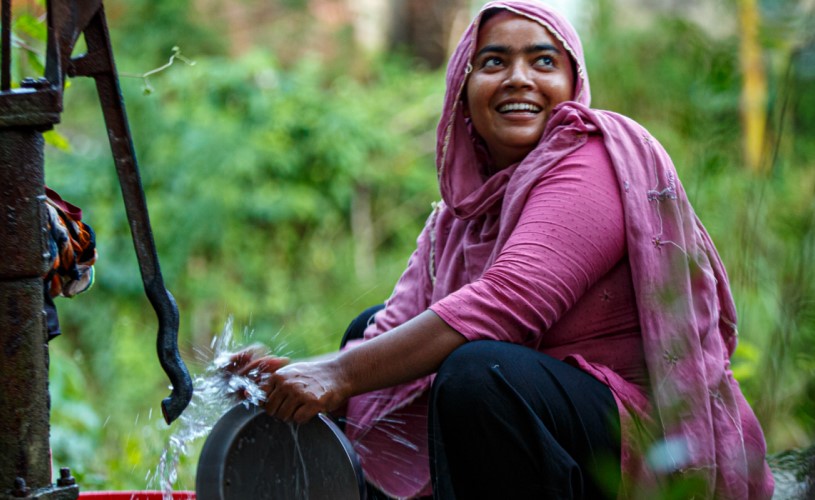
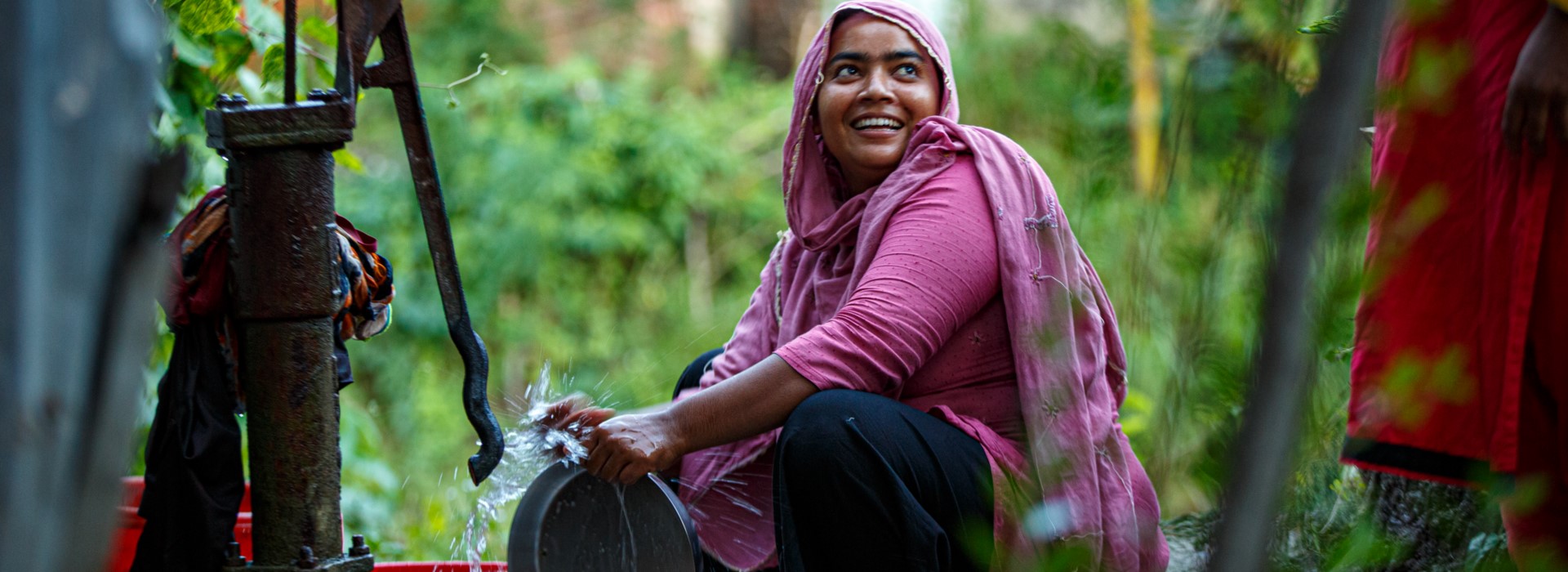
Climate, environment, management of natural resources: Enough waiting - it’s time to act!
GIZ brings life to national adaptation plans. People better protect themselves from climate damage.
GIZ is helping to bring national adaptation plans to life. This way people can better protect themselves from drought, floods and other consequences of climate change.
National adaptation plans (NAPs) are a crucial part of efforts to build resilient societies. Their purpose is to inform government decision-making, with the ultimate goal of helping people to protect themselves more effectively against climate change impacts. Unfortunately, those countries worst affected by drought, flooding and other extreme weather events usually lack the financial, technical and human resources to develop and then actually implement NAPs that precisely meet their local needs. The Deutsche Gesellschaft für Internationale Zusammenarbeit (GIZ) GmbH is committed to ensuring that the least developed countries (LDC) and small island developing states (SIDS) can equip themselves accordingly. NAPs are not an end in themselves. Governments must be enabled not only to draw up precise and coherent adaptation strategies but also to put them into action.
Decisions should be based on facts. Climate risk assessments predict how the climate will change and how those changes will affect the population and the country’s infrastructure. To support this task, GIZ has developed its own freely available Climate Risk Sourcebook, a framework that allows users to rapidly conduct a risk assessment and generate comprehensive analyses. This enables local authorities to better plan which measures and funds they will need in the future for climate adaptation and to deal with loss and damage.
Around 140 developing countries have now either adopted or are in the course of developing an NAP. However, the challenge they then face is how to allocate their limited budget resources effectively in order to protect the most vulnerable sectors and regions. Sometimes that involves resolving conflicts between climate and other policy objectives such as the subsidising of climate-damaging forms of economic activity and transport.
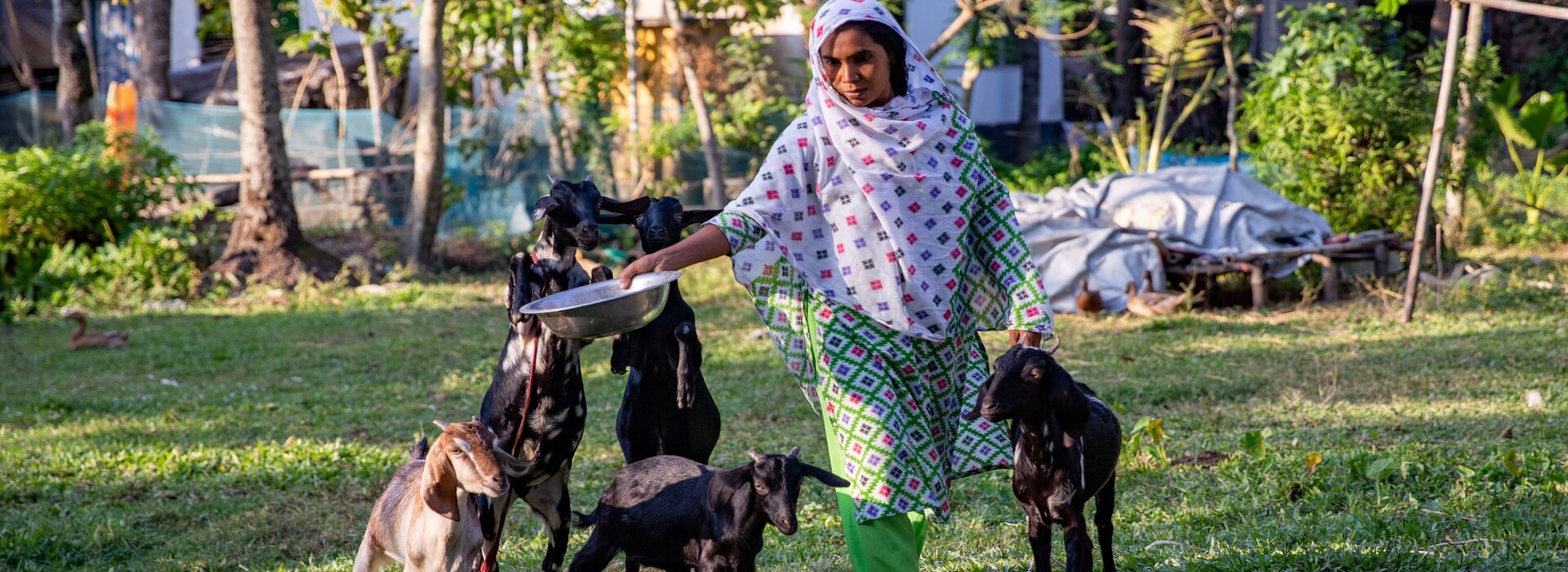
Huge changes needed to save habitats
In some cases, enormous social and economic changes are required in order to protect threatened habitats. To make this happen, the global community has to provide financial support – through the new ‘loss and damage’ fund, for instance. Changes in human behaviour will also be necessary. In the agriculture sector, for example, we will need to adopt new methods of cultivation and new crop varieties. That has a knock-on effect on what we eat. GIZ’s Managing Director Ingrid-Gabriela Hoven explains: ‘We need to breathe life into National Adaptation Plans. That includes empowering people affected by the changing climate to shape them.’ After all, those people will be asked to accept and support whatever actions are decided.
The situation in Bangladesh illustrates the urgency with which we need to move from theory to action. By 2050, nearly 20 million people could be forced to abandon their homes due to climate impacts. Every year, flooding affects around one third of the population. In extreme cases, that figure can rise to almost three quarters. Droughts and storms are occurring with ever greater frequency, and the sea level in the Bay of Bengal is predicted to rise by a quarter of a meter in the period up to 2050. In that scenario, Bangladesh would lose over a tenth of its surface area.
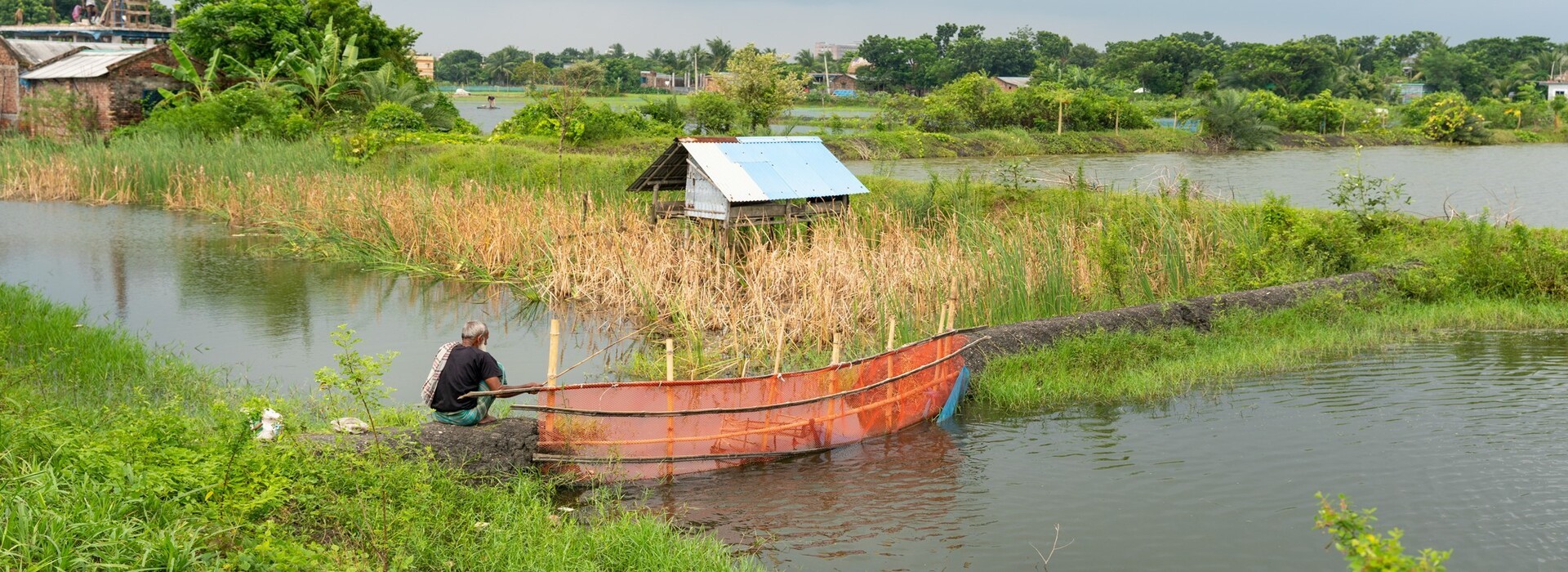
Creating new prospects for climate migrants
In collaboration with several ministries, GIZ has drawn up guidelines and interlocking strategies to ensure that climate risk information is given much greater consideration in planning and decision-making. GIZ is also providing support, for example by providing social infrastructure and creating employment opportunities for climate migrants in the areas they move to. Another focus is on strengthening the capacity of local government bodies to climate-proof their management of water resources and make their growing cities more climate-resilient and therefore more liveable. Looking ahead, acting on behalf of Germany's Development Ministry, GIZ will also support the work undertaken by cities to draw up and implement climate action plans based on the country’s 2022 National Adaptation Plan.
Last update: December 2023
